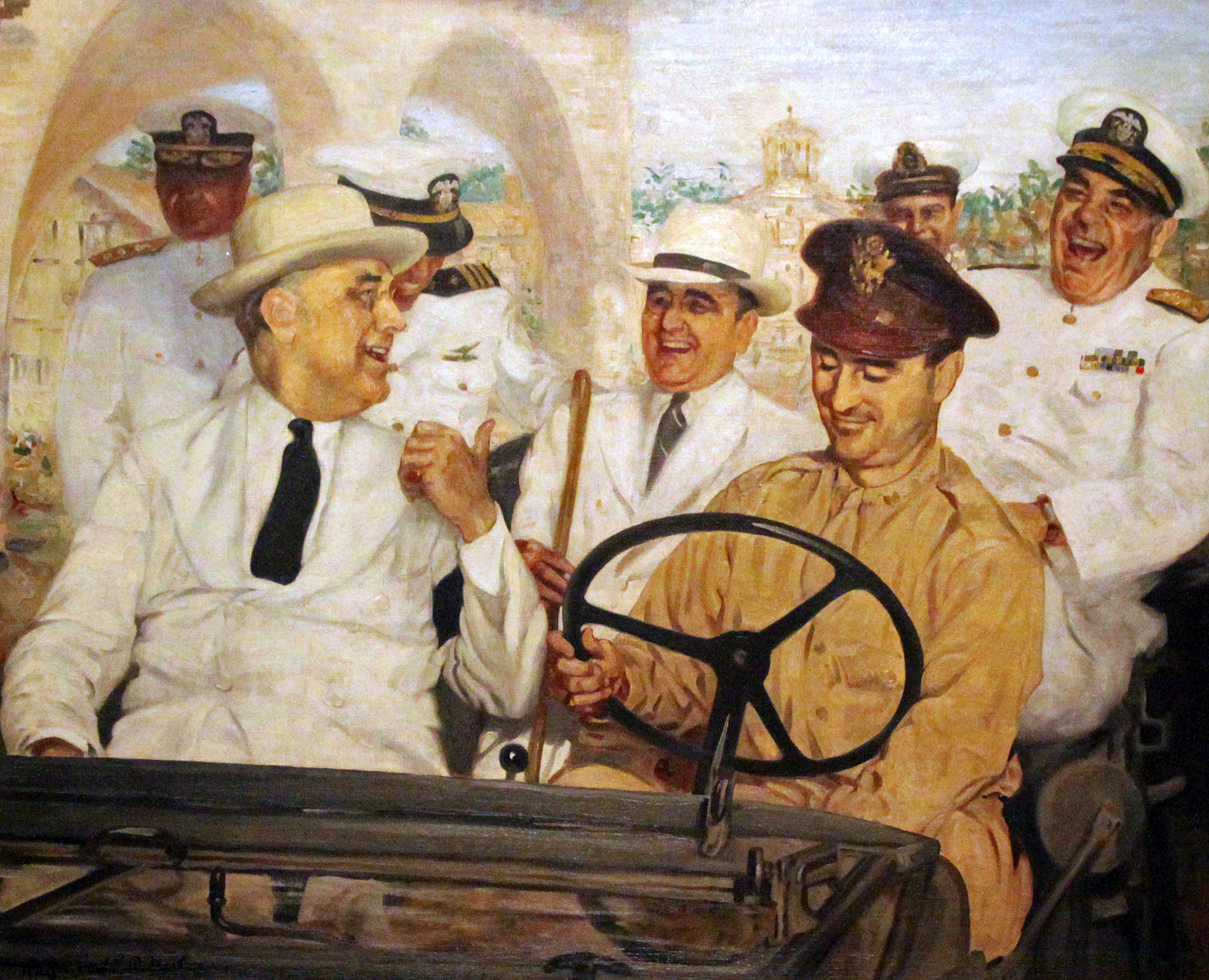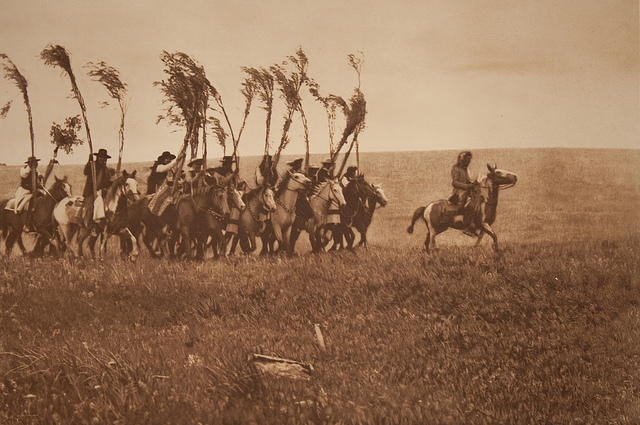
From the Saban Center, why private Gulf financing for Syria’s extremist rebels risks igniting sectarian conflict at home (via Max Abrahms). Also from Brookings, questions about accountability and national reconciliation in Libya (via Shadi Hamid).
Incidences of rape and violence against women in Syria are steadily rising, activists warn, with stigmatization of victims and fears of reprisal hampering efforts to stop sexual violence.
Iraqi security forces recently battled fighters on the country’s border with Syria, and Chris Looney examines the abusive and repressive governing strategy of al Qaeda-affiliated rebel group ISIS in one northeastern Syrian city. Time’s Aryn Baker reports that the trend towards radicalization among the opposition is driving many revolutionaries back to the Assad camp (via Syria Deeply).
Daniel Luban has an interesting piece on how the global “anti-imperialist” left struggles to categorize the Syrian conflict.
Forced to take sides in the last two years, Turkish foreign policy appears to be growing less popular both at home and in the wider region.
French forces have begun to disarm fighters in the Central African Republic, with the French Defense Minister claiming that “the period of impunity is at an end.” President Francois Hollande says that events in CAR show that other African nations must increase their ability to provide security.
Peter Dörrie deems the French intervention too little, too late: “So far, civil wars, rebellions and coups d’état are managed on an ad hoc basis and while this works in some rare cases, mostly it just leads to unnecessary death and suffering.”
Andrew Lebovich passes along a map of French military interventions in Africa since 1960 (in French, but still useful for non-French speakers like me).
Tim Burke on remembering Nelson Mandela and revisionist personal histories (via Scott Lemieux):
“The problem with those celebrations (even before Mandela’s death) is that few of them oblige the people offering them to rethink anything at all about their own times, their own lives, their own mistakes. At best, they occasion the grudging admission, ‘I thought he was a terrorist or a revolutionary, but it turns out he was a great man.’ But put one foot in front of the other and soon you’ll be walking out the door: the next step might be to recognize that he was a terrorist and a revolutionary and a great man.”
PVGlance co-founder Erica Chenoweth has been named one of Foreign Policy’s 100 Leading Global Thinkers of 2013.







1 comment